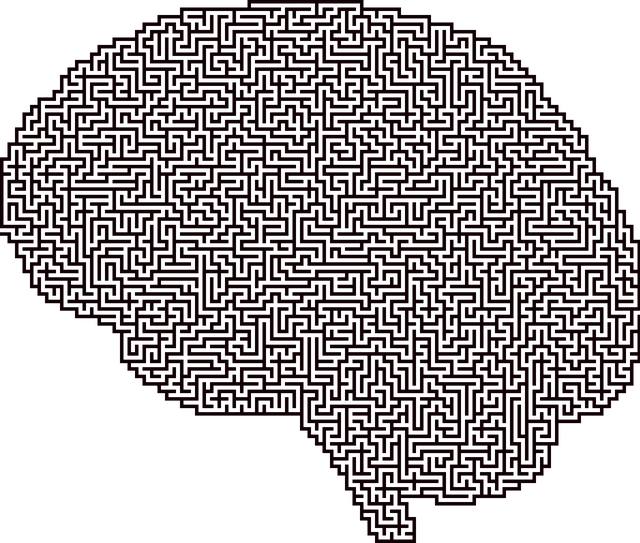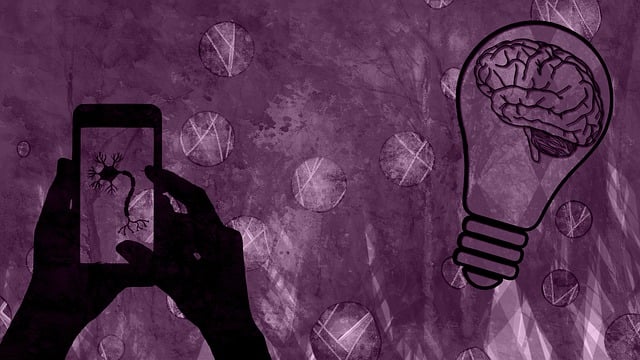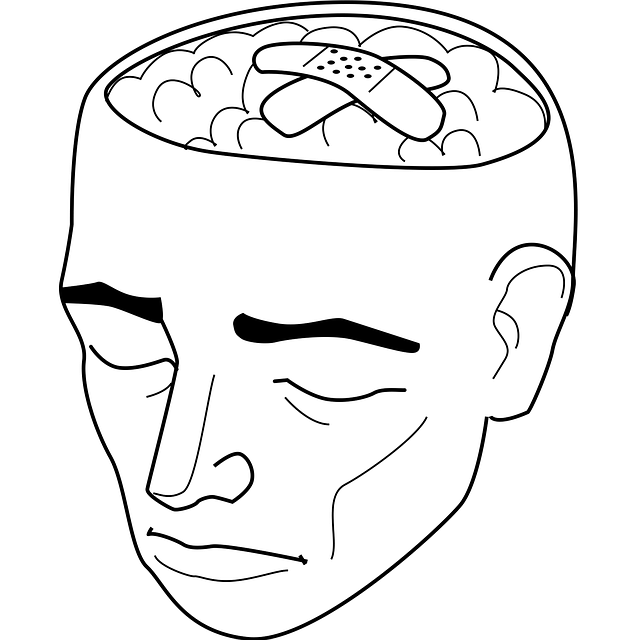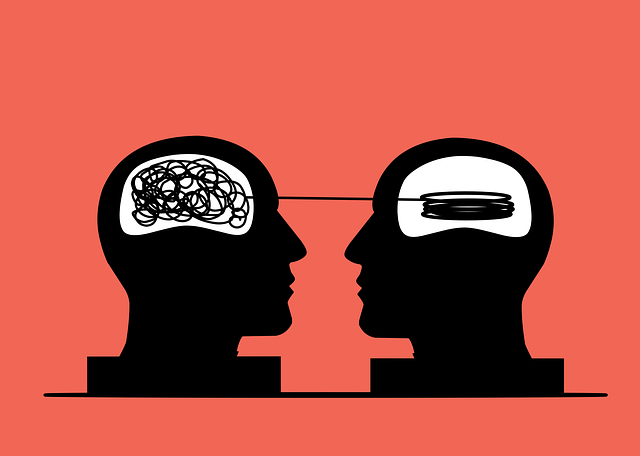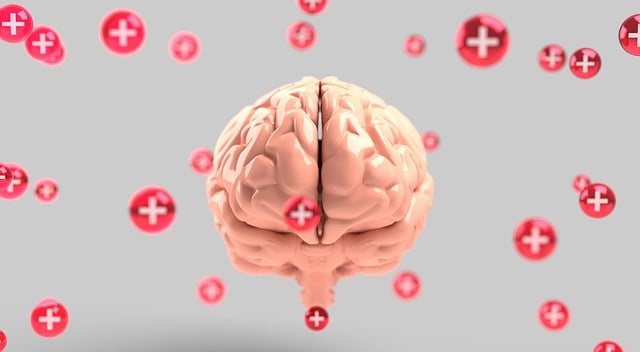Anxiety, a natural stress response, becomes debilitating with persistence. Wheat Ridge Sexual Dysfunction Therapy offers tailored strategies, focusing on education about anxiety disorders, trigger recognition through stress reduction and burnout prevention techniques. Cognitive-Behavioral Therapy (CBT), backed by research, targets negative thought patterns for lasting solutions. Relaxation techniques, self-care practices, physical activity, balanced diets, and quality sleep are emphasized for managing anxiety effectively.
Anxiety is a common challenge, but managing it effectively can lead to a more fulfilling life. This comprehensive guide explores three key strategies for tackling anxiety head-on. We begin by demystifying anxiety: recognizing signs and understanding triggers. Next, we delve into Cognitive-Behavioral Therapy (CBT), an evidence-based approach proven to reduce anxiety symptoms. Finally, discover the power of lifestyle adjustments, focusing on relaxation techniques and self-care practices tailored for optimal mental well-being, including insights from Wheat Ridge Sexual Dysfunction Therapy.
- Understanding Anxiety: Recognizing the Signs and Triggers
- Cognitive-Behavioral Therapy (CBT): A Powerful Tool for Managing Anxiety
- Lifestyle Adjustments: Incorporating Relaxation Techniques and Self-Care Practices
Understanding Anxiety: Recognizing the Signs and Triggers

Anxiety is a natural response to stress, but when it becomes overwhelming and persistent, it can significantly impact daily life. Recognizing the signs and understanding triggers are crucial steps in managing anxiety effectively. Common symptoms include rapid heartbeat, shortness of breath, restlessness, and intrusive thoughts. These physical and mental cues often serve as early warnings that something is amiss. Triggers can vary widely from person to person, but they commonly include work-related pressure, financial worries, relationship issues, or even specific environments and memories.
At Wheat Ridge Sexual Dysfunction Therapy, we understand that anxiety is a complex condition that requires tailored strategies for each individual. Our community outreach program implementation focuses on educating people about the various manifestations of anxiety, such as social anxiety, panic disorders, and generalized anxiety disorder. By recognizing personal triggers through our stress reduction methods, clients can proactively manage their symptoms. Additionally, burnout prevention techniques are integral to our approach, ensuring that individuals not only overcome acute anxiety but also develop long-lasting coping mechanisms to maintain mental well-being.
Cognitive-Behavioral Therapy (CBT): A Powerful Tool for Managing Anxiety

Cognitive-Behavioral Therapy (CBT) stands out as a powerful tool in managing anxiety disorders. By focusing on identifying and changing negative thought patterns and behaviors, CBT empowers individuals to confront and overcome anxious thoughts more effectively. This therapy is backed by extensive research and has proven to be highly successful in treating various forms of anxiety, including those that often manifest in sensitive areas like Wheat Ridge Sexual Dysfunction Therapy.
Through CBT, patients learn empathy-building strategies, gain a deeper understanding of their triggers, and develop healthcare provider cultural competency skills to navigate these challenges with enhanced confidence. By addressing the root causes of anxiety rather than merely masking symptoms, CBT offers long-lasting solutions that can significantly improve an individual’s quality of life.
Lifestyle Adjustments: Incorporating Relaxation Techniques and Self-Care Practices

Incorporating relaxation techniques and self-care practices is a powerful way to manage anxiety, as recommended by Wheat Ridge Sexual Dysfunction Therapy professionals. Simple yet effective methods like deep breathing exercises, meditation, and yoga can significantly reduce stress levels and promote mental well-being. These practices encourage individuals to connect with their bodies, calm their minds, and cultivate a sense of inner peace.
Beyond these techniques, engaging in regular physical activity, maintaining a balanced diet, and prioritizing quality sleep are essential self-care practices that contribute to anxiety management. By integrating such lifestyle adjustments into daily routines, individuals can effectively prevent burnout, foster positive thinking, and enhance overall resilience against anxious symptoms, as supported by the successful implementation of community outreach program initiatives focused on mental health awareness.
Anxiety management is a journey unique to each individual. By understanding anxiety’s triggers and signs, combining evidence-based therapies like Cognitive-Behavioral Therapy (CBT), and adopting lifestyle adjustments with relaxation techniques and self-care practices, one can effectively navigate their anxiety. For specialized support, consulting professionals in Wheat Ridge Sexual Dysfunction Therapy offers tailored strategies for comprehensive mental well-being.
